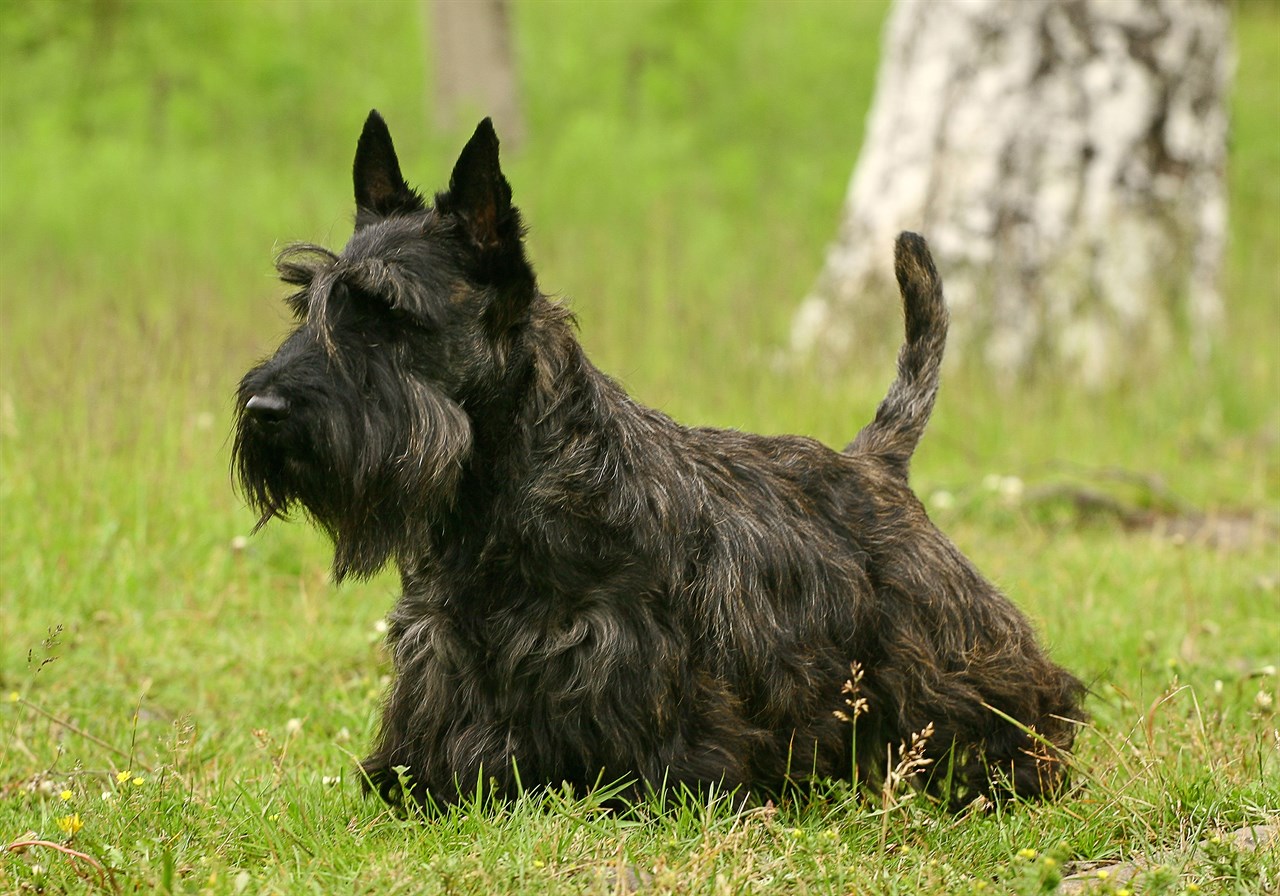Barking Habits of Scottish Terriers: Understanding the Vocal Nature

Scottish Terriers, or Scotties, have a reputation for being vocal dogs. Like many terrier breeds, they have a strong instinct to alert their owners to potential threats or changes in their environment. Understanding their barking habits and addressing them appropriately is essential for both the well-being of your Scottie and your peace of mind.
Common Reasons for Scottie Barking
- Alerting: Scotties have a strong sense of loyalty and duty, and they often bark to alert their owners to the presence of strangers, animals, or unusual sounds. This is a natural protective instinct.
- Boredom: Scottish Terriers are intelligent dogs, and if they become bored, they may bark out of frustration or to seek attention.
- Anxiety: Separation anxiety or general anxiety can also trigger barking in Scotties. They may bark when left alone or in unfamiliar situations.
- Excitement: Scotties can be excitable dogs, and they may bark when they are happy or when they want to play.
- Territorial Behaviour: Scotties can be territorial, and they may bark to establish and defend their territory.
Are Scottish Terriers yappy?
Scottish Terriers are not typically considered "yappy" dogs in the same way some small, high-strung breeds might be. However, they do have a propensity to bark when they have a reason to do so. Their barking tends to be purposeful and tied to specific triggers, such as alerting their owners or responding to a perceived threat.
Do Scottie dogs bark a lot?
The frequency of barking in Scottish Terriers can vary from one dog to another. Some Scotties may bark more frequently than others, depending on their individual temperament and the training and socialisation they have received. Proper training and socialisation can help manage and reduce excessive barking.
To address barking habits in Scotties, consider the following:
- Training: Teach your Scottie a "quiet" or "enough" command to help control their barking. Reward them when they stop barking on command.
- Socialisation: Expose your Scottie to a variety of people, animals, and environments from a young age to help reduce anxiety-related barking.
- Exercise and Mental Stimulation: Ensure your Scottie gets plenty of physical exercise and mental stimulation. A tired dog is less likely to bark out of boredom.
- Address Anxiety: If your Scottie exhibits anxiety-related barking, consult with a veterinarian or a professional dog trainer for guidance on managing and reducing anxiety.
- Positive Reinforcement: Reward your Scottie when they exhibit appropriate barking behaviour, such as alerting you to a visitor and then quieting down once you acknowledge them.
In summary, Scottish Terriers have a natural inclination to bark, but they are not excessively yappy dogs. Their barking can be managed and controlled with proper training, socialisation, and attention to their physical and mental needs. Understanding the reasons behind their barking and addressing them appropriately is key to maintaining a harmonious relationship with your Scottie.
Scottish Terrier puppies for sale
- Find Scottish Terrier puppies for sale in ACT
- Find Scottish Terrier puppies for sale in NSW
- Find Scottish Terrier puppies for sale in NT
- Find Scottish Terrier puppies for sale in QLD
- Find Scottish Terrier puppies for sale in SA
- Find Scottish Terrier puppies for sale in TAS
- Find Scottish Terrier puppies for sale in VIC
- Find Scottish Terrier puppies for sale in WA